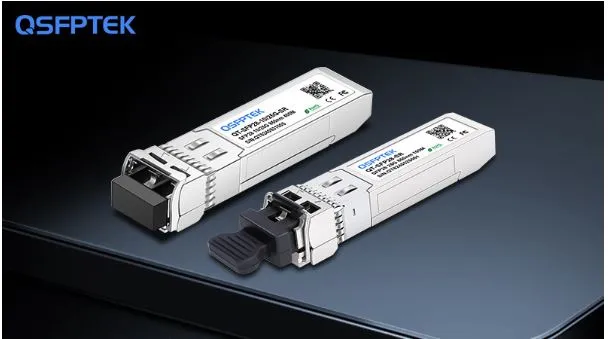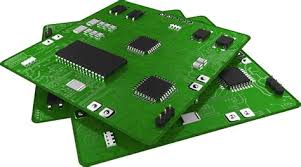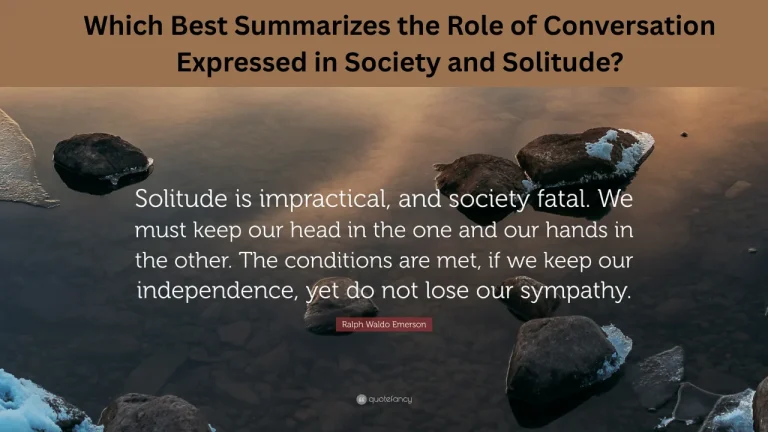Will Technology Change the Living of Urban People?

In the bustling and ever-evolving world of urban environments, technology is playing a pivotal role in shaping the future of cities and the lifestyles of the people who inhabit them. With urbanization on the rise and an increasing global population shifting toward metropolitan areas, the integration of advanced technologies in daily life is becoming more critical than ever. From the way we communicate and work to how we shop, travel, and even relax, the impact of technology on urban living is undeniable. One of the most significant benefits of these innovations is their potential in reducing the carbon footprint, which has become a primary concern in many urban areas. So, will technology transform the way urban people live in the near future? Let’s explore the possibilities.
Also Read: Essential Services for Starting a Business in India
1. Smart Homes: Revolutionizing Urban Living
One of the most significant transformations in urban living is the advent of smart home technology. The concept of a “smart home” involves the integration of devices such as smart thermostats, lights, security systems, and appliances that can be controlled remotely through smartphones or voice assistants. For urban dwellers, this means more comfort, energy efficiency, and convenience.
Smart homes can offer features like automated lighting, temperature control, and advanced security measures, all of which can enhance the quality of life. These technologies help save energy, reduce utility bills, and provide peace of mind, which is particularly important in crowded cities where safety concerns are prevalent. As urban populations continue to grow, smart homes will become more common, making life easier and more efficient for city residents.
2. Urban Mobility: Changing Transportation in Cities
Transportation is one of the most significant aspects of urban living, and technology is set to change the way people navigate cities. Traditional transportation systems such as buses, trains, and private cars are becoming less efficient and more congested as cities grow. However, new technologies like electric vehicles (EVs), autonomous vehicles, and ride-sharing platforms are transforming urban mobility.
Electric cars are becoming more popular as they reduce emissions and pollution, which is a major concern for many urban areas. In addition, the rise of autonomous vehicles is expected to revolutionize how people commute. These vehicles will reduce accidents caused by human error, ease traffic congestion, and allow people to focus on other activities during their commutes.
Ride-sharing services such as Uber and Lyft have already significantly reduced the number of personal vehicles on the road, which could help mitigate the space and congestion issues in densely populated urban areas. Moreover, the integration of Artificial Intelligence (AI) with urban transportation systems could lead to more efficient traffic management and better public transportation routes.
Also Read: Key Factors That Make Modern Home Designs Functional and Stylish
3. Digital Workplaces: Redefining Employment in Urban Centers
Technology is also reshaping the traditional workplace, and this shift is especially evident in urban areas where most businesses are based. Remote work, once considered a luxury, is now becoming more mainstream due to advancements in communication tools and cloud technology. Video conferencing, collaborative platforms, and cloud-based document storage allow people to work from anywhere, eliminating the need for daily commutes. Additionally, having access to a fiber internet provider ensures fast, reliable connectivity, which is crucial for remote work productivity.
For urban residents, this shift means more flexibility in work-life balance and less time spent in traffic. Additionally, businesses are increasingly adopting AI and automation to streamline operations, which could result in the creation of new job opportunities that leverage these technologies. As a result, urban workers will need to adapt by acquiring new skills to thrive in an increasingly tech-driven workforce.
The rise of the gig economy is another example of how technology is changing work. Apps that connect freelancers with clients and platforms that enable remote or part-time work will continue to play a significant role in reshaping the job market in cities.
4. Smart Cities: Transforming Urban Infrastructure
The concept of “smart cities” is another example of how technology will impact the living conditions of urban people. A smart city uses digital technologies to enhance performance, well-being, and reduce costs & resource consumption across the city. These technologies help manage everything from traffic flow and energy consumption to waste management and law enforcement.
Urban residents can expect improvements in air quality, waste disposal, and overall sustainability, thanks to the implementation of smart grids, renewable energy sources, and smart water management systems. Sensors embedded in city infrastructure can monitor air and noise pollution, ensuring that the urban environment remains livable. As cities continue to adopt these technologies, urban life will become more efficient, sustainable, and comfortable for their residents.
Additionally, IoT (Internet of Things) technology will allow various systems to work in harmony, collecting data to optimize everything from street lighting to public services, making cities more adaptable and responsive to the needs of their residents.
5. Health and Wellness: Technology’s Role in Improving Urban Living
Urban areas are often known for their fast-paced, stressful lifestyles, and their residents face challenges related to mental health, physical health, and overall well-being. However, technology is helping improve these aspects of urban living through wearable devices, fitness apps, telemedicine, and mental health apps.
Wearable technology, such as fitness trackers and smartwatches, enables individuals to monitor their health in real-time, track physical activity, and even detect early signs of health issues. Urban dwellers can now take charge of their health in ways that were previously unimaginable, without needing to go to a doctor’s office every time.
Telemedicine has also become a game-changer in urban healthcare, allowing people to access medical professionals remotely and avoid the often time-consuming process of visiting a clinic. In cities where hospitals and clinics may be overcrowded or have long wait times, telemedicine offers a more efficient way to receive care.
On the mental health front, a variety of apps focused on stress management, mindfulness, and mental health counseling are helping urban residents cope with the pressures of city life. As technology continues to evolve, it will become even more integrated into the overall health and well-being of urban people.
6. Entertainment and Leisure: Technology Enhances Urban Experiences
Technology is also revolutionizing the way urban people experience entertainment and leisure. Streaming services, augmented reality (AR), virtual reality (VR), and gaming technologies are changing how individuals relax and spend their free time. These technologies offer new immersive experiences that were once confined to entertainment venues or arcades.
Moreover, social media platforms and digital content creators provide endless opportunities for urban residents to stay connected, entertained, and informed, allowing people to experience new forms of social interaction and creativity. Virtual events, concerts, and cultural experiences are likely to become even more prevalent, offering new ways for people to engage with their surroundings and connect with others.
Conclusion
Technology has already begun to shape the way urban people live, and its impact will only increase in the coming years. From smarter homes and more efficient transportation systems to improved health care and digital workspaces, urban life is becoming more streamlined, efficient, and connected. The future of urban living is undoubtedly intertwined with technological advancements, and as technology continues to evolve, it will undoubtedly change the face of cities and the lives of their residents in ways we can only begin to imagine.
In conclusion, technology will play a crucial role in reshaping urban living, making it more sustainable, convenient, and personalized for residents. Embracing these innovations will be essential for both urban dwellers and city planners as we navigate the future of our cities.






